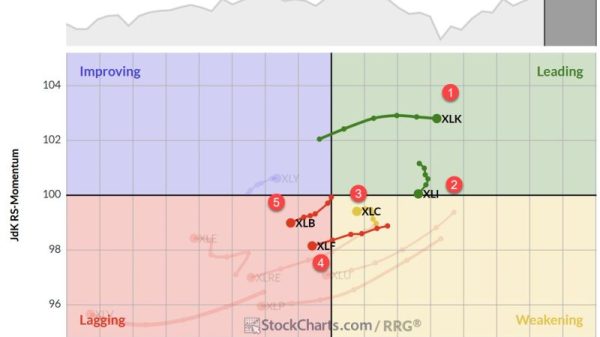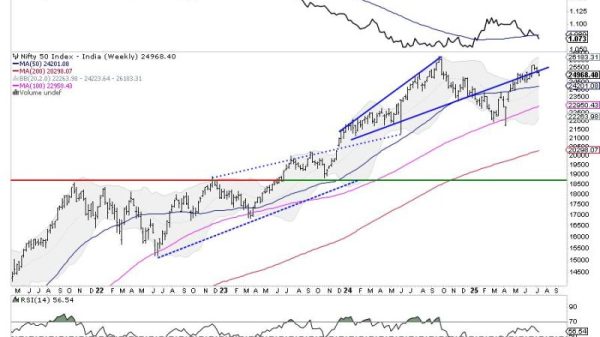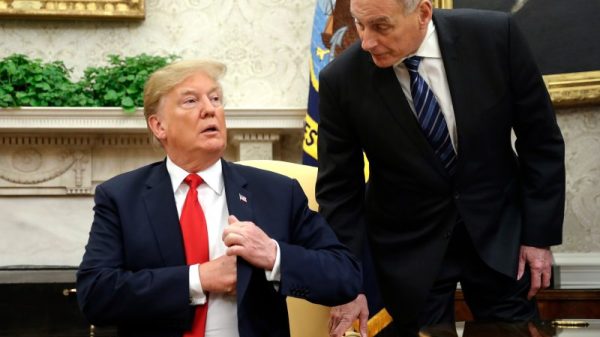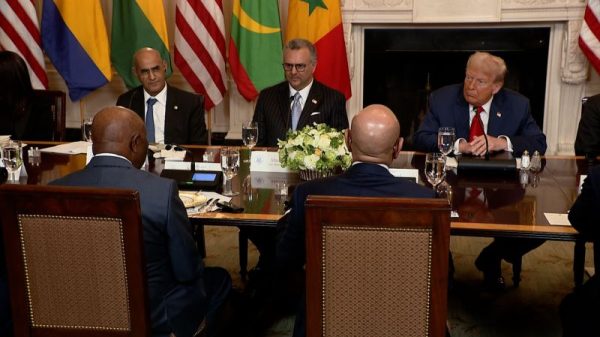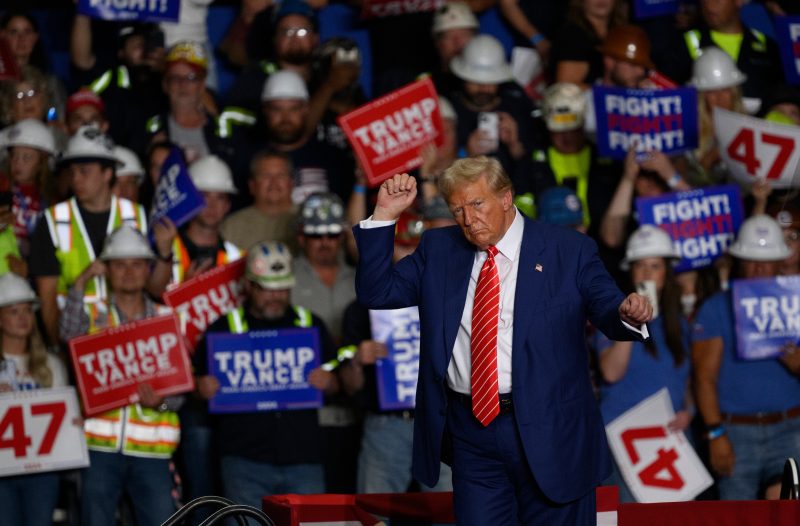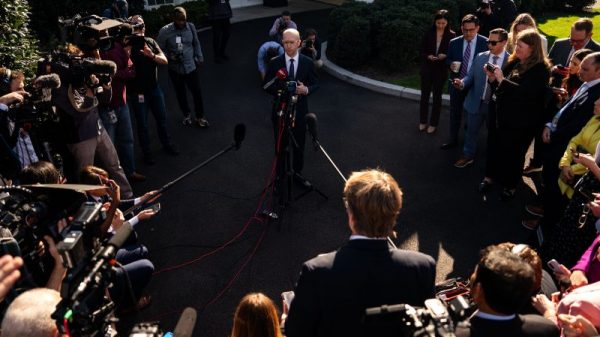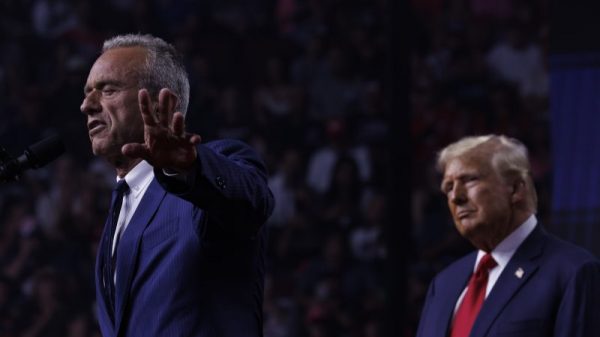For much of the 2024 election, concerns about President Joe Biden’s age and job performance helped paper over the real and long-standing concerns Americans have had about Donald Trump’s character, chaotic style and authoritarian tendencies. A slew of polls actually showed Biden had little to no advantage on the subject of which candidate was more trusted to protect democracy — despite months of Democrats focusing on democracy and the attack on the Capitol on Jan. 6, 2021, which dealt a blow to the bedrock democratic principle of a peaceful transfer of power.
But as with many other facets of the race, Biden’s exit and Vice President Kamala Harris’s entry have significantly shifted the threat matrix, to the point where the fear factor again looms as a real problem for Trump.
To the extent this election is about Americans worrying about the candidates harming the country, it seems Harris has a real advantage. New polling from CNN gets at this in a better way than anything else in recent weeks.
The swing-state polling asked, as CNN has before, about whether voters viewed the candidates as “too extreme.” But then it took things a step further and asked people who agreed with the statement that a candidate was “too extreme” whether that candidate was also “so extreme that they pose a threat to the country.”
Across six key swing states — Arizona, Georgia, Michigan, Nevada, Pennsylvania and Wisconsin — an average of 54 percent of registered voters said Trump was “too extreme,” with 48 percent also saying that he threatens the country. In each state, at least half of voters said Trump was “too extreme,” and at least 46 percent said he was a threat to the country.
Harris’s numbers were significantly lower: An average of 44 percent said she was “too extreme,” and just 39 percent regarded her perceived extremeness as a threat to the country. In no state did a majority regard her as too extreme; most voters instead regarded her as “generally mainstream.”
The gaps are similar among independent voters, with nearly half (an average of 47 percent) saying Trump was a threat to the country, compared to just 38 percent for Harris.
And Republicans were significantly more likely to regard their own party’s candidate as both too extreme and a threat to the country. Fully 14 percent of Trump’s own party said he was too extreme, and 7 percent said he was a threat (compared to 6 percent and 2 percent, respectively, for Harris).
An average of 3 percent of Trump supporters across these states actually said Trump was so extreme that he was a threat to the country but that they were still voting for him (perhaps either because they didn’t see the threat as significant enough, and/or because they felt he was still preferable).
While this is the most substantial recent polling on how voters view the relative threats posed by the candidates, it’s not the first to show Trump is viewed as a bigger threat — or even that about half that country views him as some kind of threat.
A Syracuse University/Ipsos poll last month showed a majority of Americans said Trump was either a major threat (43 percent) or minor threat (11 percent) “to the American democratic system and rule of law.” Four in 10 regarded Harris as a major (32 percent) or minor (8 percent) threat.
These findings mark a significant shift in the relative perceived threats of the two major-party candidates from when Biden led the Democratic ticket.
I mentioned at the top that being a “threat to democracy” was more of a wash than Democrats had hoped. A Public Religion Research poll late last year showed something similar: 57 percent regarded a Trump 2024 victory as a “threat to American democracy and way of life,” but 53 percent said the same of Biden.
There’s a real question about how much this matters. The percentages in the CNN poll who labeled Trump a threat was shy of a majority, meaning this could largely be voters who are predisposed against him.
But it’s still majorities who say he’s at least “too extreme,” and all his numbers are significantly higher than they are for Harris. That suggests Harris has a powerful motivating tool — fear — to get voters to turn out, in a way Trump no longer does.







